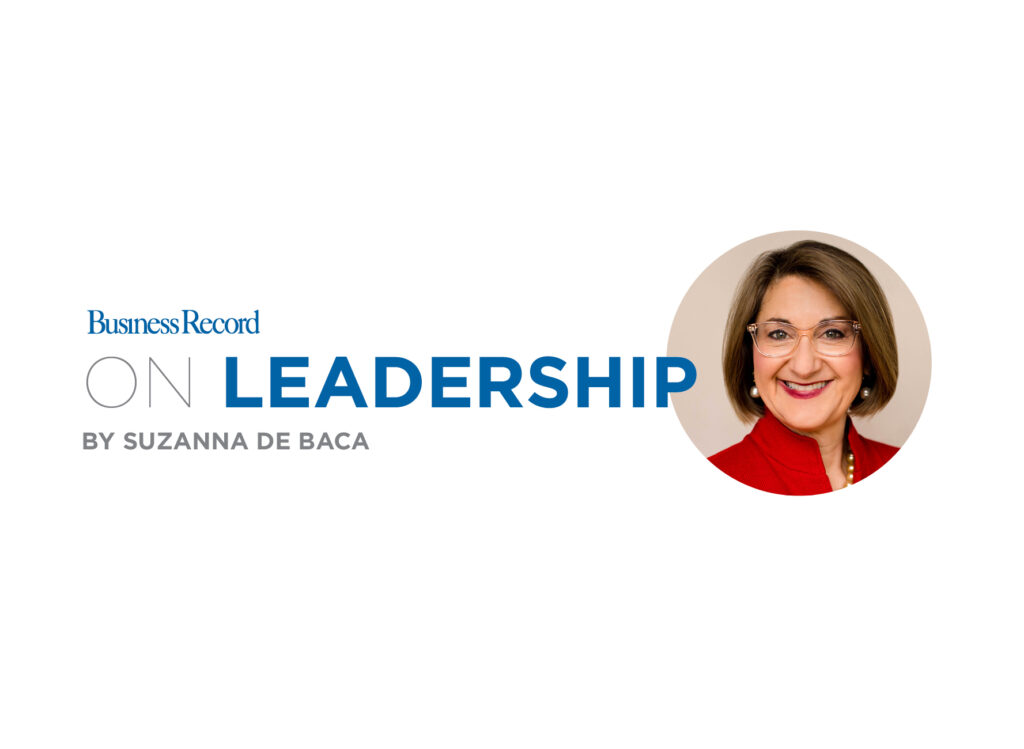GUEST OPINION: Ways to tame your digital jungle

OMG, it’s just TMI. Technology-driven information is flooding our consciousness in ways we are not emotionally, psychologically or anatomically equipped to handle. And we’re learning that the influx of information coming in at a rate of “too much, too fast” is affecting performance and general well-being in the workplace.
The average person today consumes almost three times as much information as the typical person consumed in 1960, according to researchers.
But the average human brain has not changed since that time. We still operate with brains that are better designed to operate in a world where, for example, we only had to process the information generated by the three television networks that existed in 1960. Not the 300-plus channels available today.
In fact, the average human brain has not changed over eons. And that brain is built to manage information coming in on a need-to-know basis. The brain’s “limited channel capacity” to take in only salient information from our environment has ensured the continuation of our species by focusing on what is most urgent to attend to in this moment. Early in human development, focused responses allowed for the pursuit of shelter, food or safety from predators, i.e., survival.
Being exposed to more information than is humanly possible to process is a subject of workplace research today. Findings show that focus, creativity and productivity have decreased. Experiences of distress, anxiety and powerlessness have increased. Couple information overload with the do-more-with-less distress of downsizing and a perfect storm can coalesce, including low morale, more errors, absenteeism and decreased productivity.
Companies are starting to address this directly with employees, collaborating to find ways to manage information streams. Individually, we can also claim some power to streamline the information flow. Leo Babauta, author of “The Power of Less: The 6 Essential Productivity Principles That Will Change Your Life,” suggests evaluating and simplifying your consumption of email, blogs and Internet information. You can begin by:
1. Tracking your Internet usage for three days. Use a tool like Toggl (www.toggl.com) or Tick (www.tickspot.com).
2. Making a plan for simplifying your use of the Internet. Ask yourself the following:
What are my real needs?
What Internet uses are critical to my work?
When do I need to use these sites or respond to emails and how often?
3. Setting rules for using the Internet and sticking to them. Rules might include “No email except at 10 and 4” or “No Internet in the morning.”
New strategies will be imperative to blend and maximize the best of both worlds – biology and technology. We’re not likely to go back to a “business as usual” world.
Jennifer Lock Oman is a psychotherapist and writer in Des Moines. She can be reached at jlockoman@aol.com.






